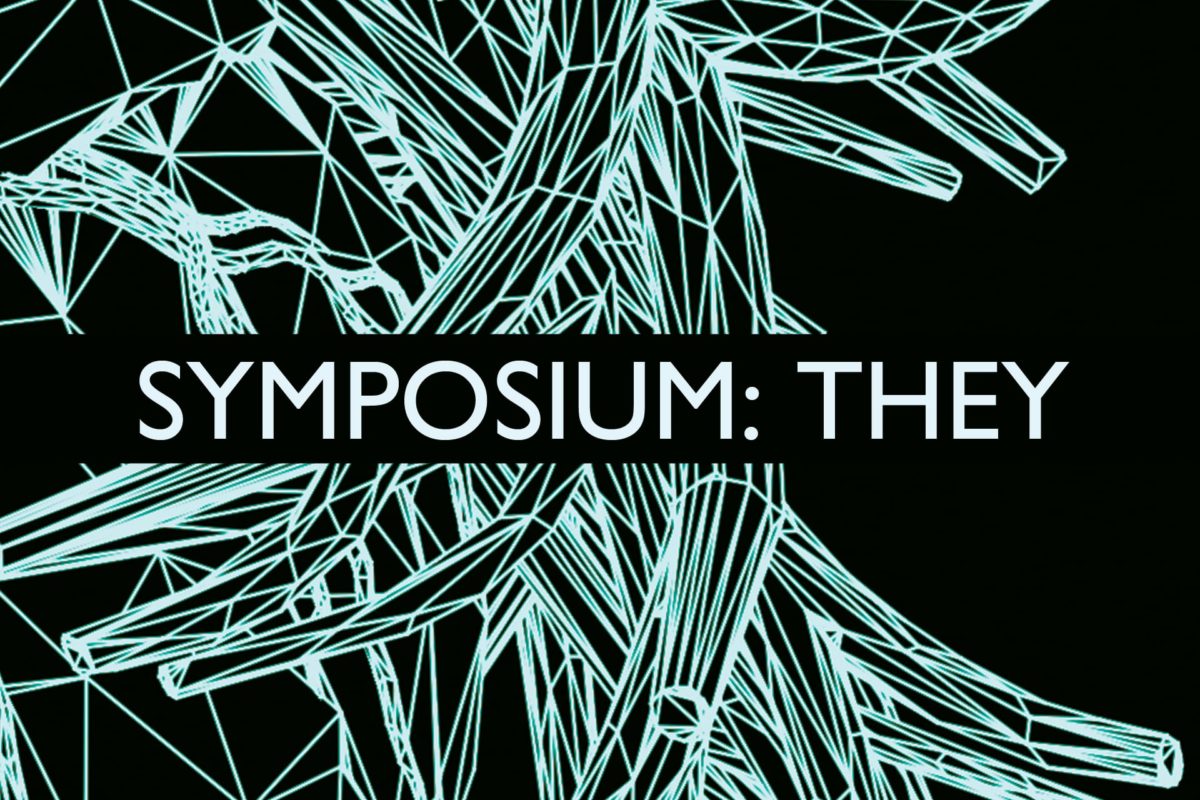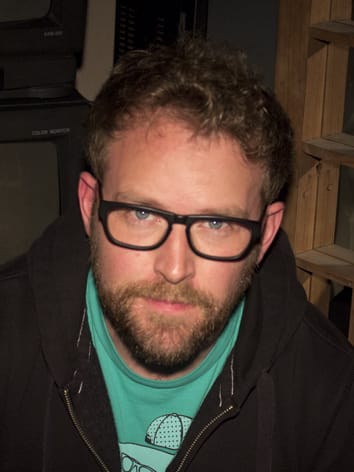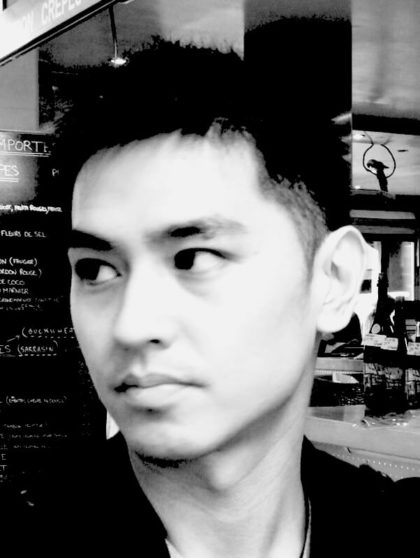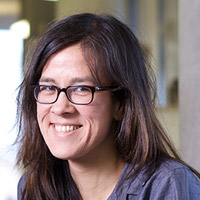
Featuring an international panel of leading theorists, makers, and philosophers in architecture, theater, performance, music, and art, the Modern Body Festival symposium spans 3 evenings, from 29 Nov – 1 Dec, exploring this year’s theme, the ‘social’ body. Each session will focus on one of our three states of being: 29 Nov: I, 30 Nov: WE, 1 Dec: THEY
The last evening, December 1: THEY, includes 3 lectures, followed by an extended round table with the addition of the artist-architect team that led the day’s workshop. The speakers will talk about their work and open discussions relating to this year’s theme, its context, and the works featured at the festival.
Presenters:
Tivon Rice (US): Mapping the Visual layer: Drones and Urban Photogrammetry
WeiHaw Wang (TW/JP/UK): Adaptable and Manual Model Making
Doreen Bernath (UK): Formatting the Scrambled Body
Round table:
Jeroen van Ameijde (UK/NL)
Luis Rodil-Fernández (NL/ES)
Tivon Rice (US)
WeiHaw Wang (TW/JP/UK)
Doreen Bernath (UK)
Entrance is open and free for the public.
Symposium
Date
December 1
Time
20:00 – 22:30
Venues
Nutshuis
Module
Symposium
Weblinks
Tivon Rice
WeiHaw Wang
Doreen Bernath
Jeroen van Ameijde
Luis Rodil-Fernández
BIOS

Tivon Rice‘s (US) work critically explores representation and communication in the context of digital technologies. Both fascinated with and wary of the speed of televisual media, Rice creates systems that pair immediate materials such as light, space, and tangible forms with live and recorded sound and video. While his practice is primarily concerned with emerging social relationships to digital technology, Rice draws heavily from art historical themes. In doing so, he examines the conditions of surrealist and minimalist attitudes in contemporary new-media arts. Rice is a 2011-12 Fulbright Scholar, and a PhD candidate at the University of Washington’s Center for Digital Art and Experimental Media, where he teaches courses in Video Art and Installation.

Wei-Haw Wang (TW/JP/UK) is a Taiwanese-born British architect who has spent most of his professional career in the UK. He is currently based in Taiwan and Japan, and is the director of Sawara architectural firm. While his private practice deals with smaller residential projects, he also provides technical consultation for the parametric and computational departments of other architectural corporations. He has conducted computational design workshops for MTech, Architectural Association (AA), and London Metropolitan University in 2009. While at KPF London, he also worked on various architectural projects involving parametric design – an airport terminal, a football stadium, a mixed-use high rise, and private space installations. Wei-Haw graduated with an MArch from The Bartlett School of Architecture in London (UCL).

Doreen Bernath (UK) is an architect and a theorist across disciplines of design, technology, philosophy, visual art and culture. She is a founding partner of Space- Media Int, and the director and co-founder of DEZACT. Doreen completed her PhD at AA London with the award of RIBA LKE Ozolins Scholarship. She studied BA and MA at University of Cambridge, then for many years practiced professionally in London, Shanghai and Taipei. Since 2006, she taught extensively and participated in research projects in universities across UK, Germany, Costa Rica, China and Taiwan. Her articles and research output have appeared in many established intenrational journals and magazines. She is currently teaching history and theory in Diploma and DRL at Architectural Association School of Architecture, UCL Bartlett and Leeds University.

Jeroen van Ameijde (UK/NL) has been involved with academic activities at the Delft University of Technology, University of Pennsylvania, the AA and many other institutions in various capacities for more than ten years. His current research covers digital design, innovative construction technologies and contemporary urbanism. Summarised under the term ‘generative design’, he investigates new methodologies to incorporate detailed information and simulations of the multiple functionalities of possible design solutions. His research considers the contemporary city as a complex system of interrelated networks of material, social and cultural exchange, using the analogy to natural ecosystems to understand the relationships between physical environments and the enabling of many interactions at different scales and periods of time.

Luis Rodil-Fernández (NL/ES) is an artist, researcher, teacher and hacker. His work is concerned with the impact that technologies have on cognition and the human body with particular emphasis in movement and embodied interfaces. Through performances, installations and social games, his work proposes a critical approach to human-computer interactions rooted in movement. He is part of the Qualified Self project, an international research-creation program that aims at exploring the expressive potential of the new wave of biosensing technologies that are marketed under the moniker of Quantified Self. Luis is also co-founder of Algo Research Systems, a platform for researchers, curators and artists that investigate how the increasing automation of society alters the social order, creates mythical narratives around technologies and subjects the human to systematic automatisms. Luis studied Computer Science in Spain, and earned a BA in the Rietveld Academy in Amsterdam and a Masters in after studying Art Science at KABK in The Hague.
